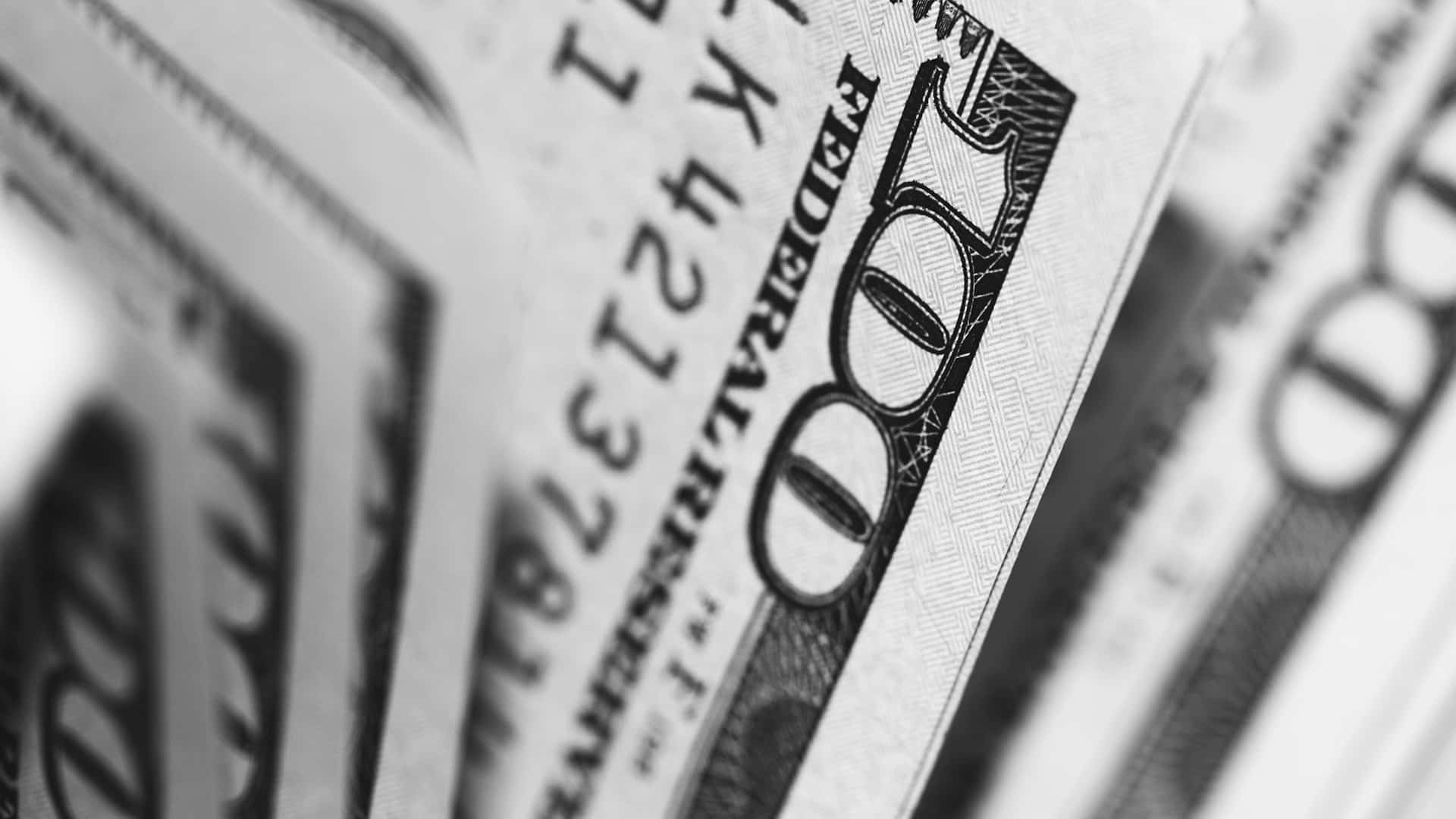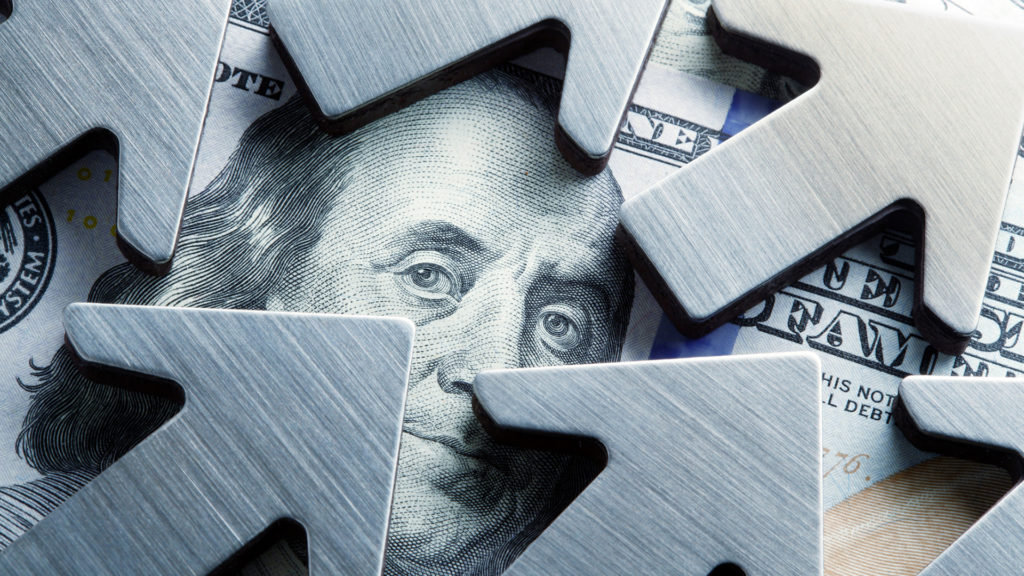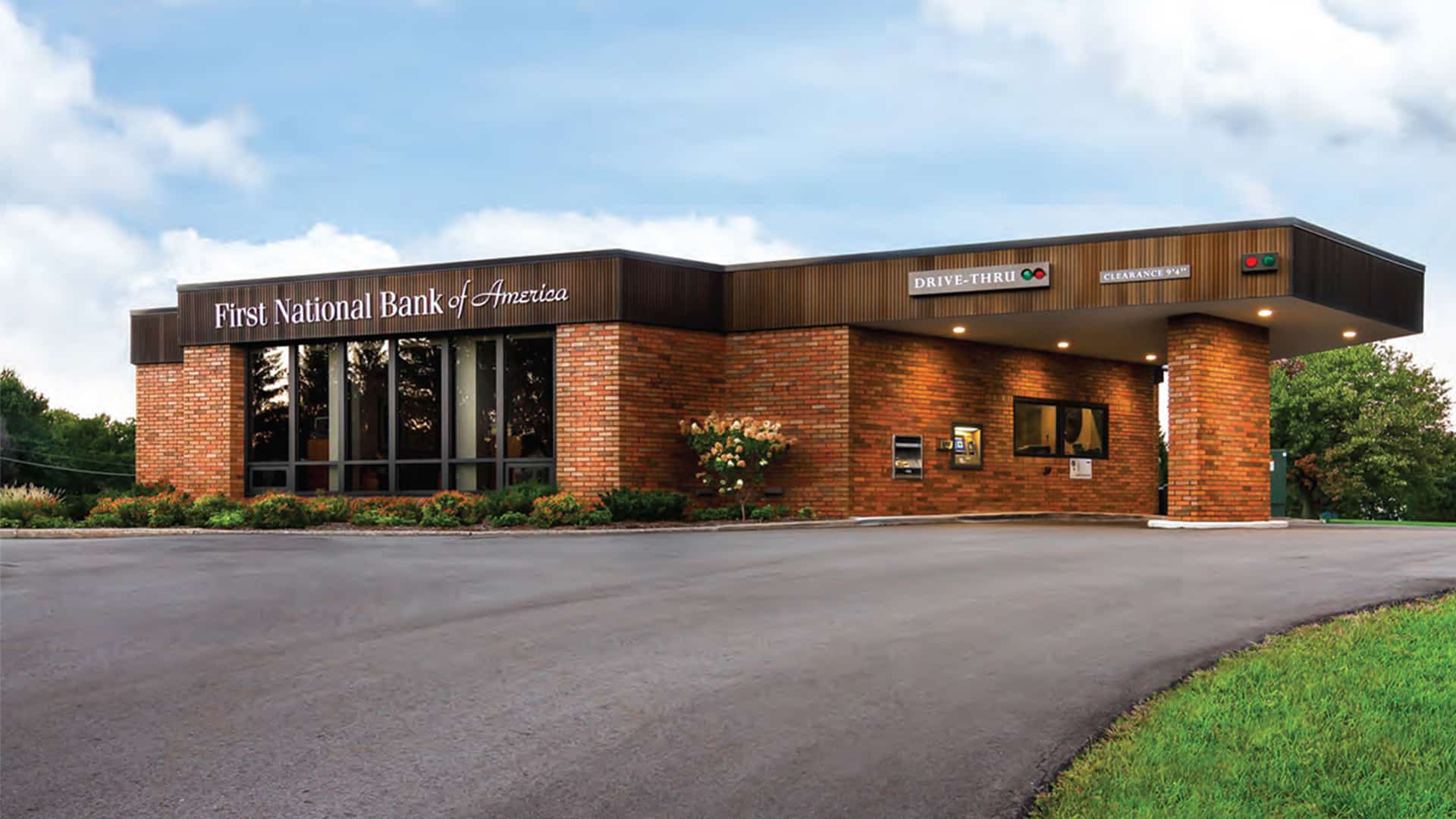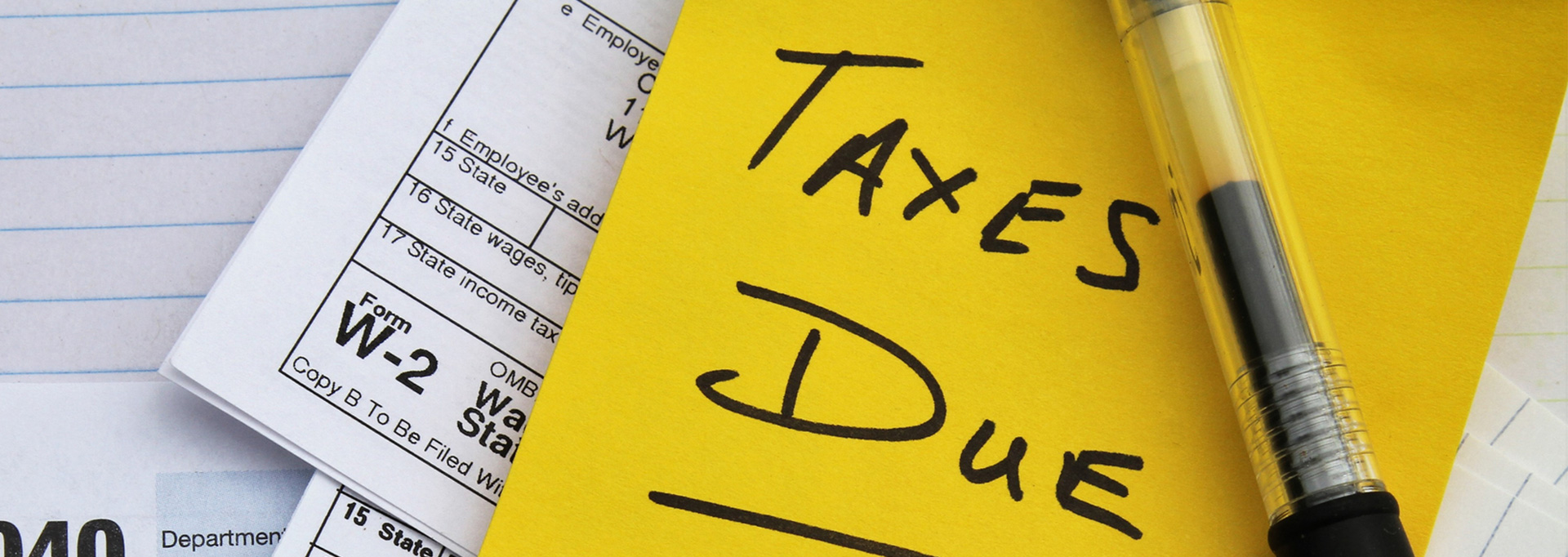Most products on this page are from partners who may compensate us. This may influence which products we write about and where and how they appear on the page. However, opinions expressed here are the author's alone, not those of any bank, credit card issuer, airline or hotel chain.
In finance, “jumbo” is a term for big dollar financial products. For those with a large stash of cash in a checking or low-yield savings account, moving into a jumbo certificate of deposit (CD) can improve your interest rates and income while keeping your risk at effectively zero, thanks to government-backed insurance.
Depending on your bank or credit union, jumbo CDs start with balances around $50,000 or $100,000, which means they are not for everyone. But a jumbo CD could make sense if you’re saving a down payment, for retirement or for another need where you want zero risk of losses.
If you’re dealing with jumbo amounts of money, you’ll want to ensure you get the best annual percentage yield (APY) and other features you may want from an account. Here’s a closer look at the best jumbo CD rates available today.
Best Jumbo CD Rates for July 2024
Rates are current as of this writing. Note that rates can change at any time without notice. Check with the financial institution for the most current rates when applying for a new account.
PenFed Credit Union - Up to 4.35% APY
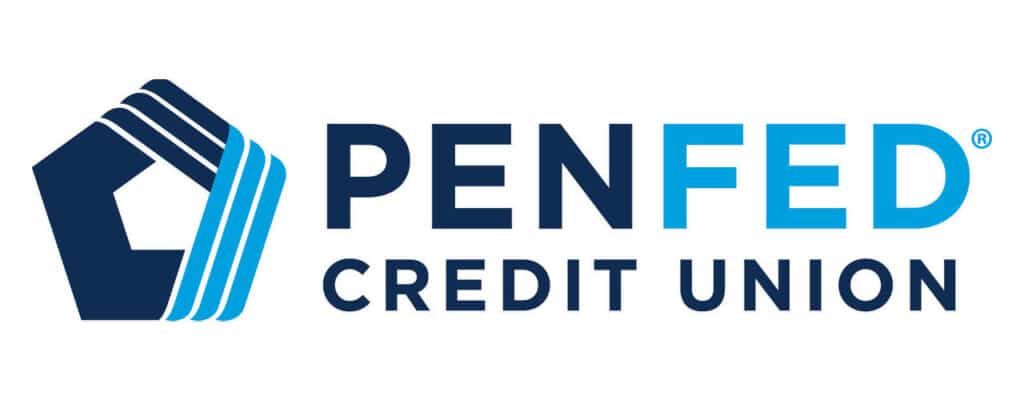
- CD Minimum for Top Rate: $1,000
- Top CD Rate: 4.35% (18 months / 2 years)
PenFed Credit Union, short for Pentagon Federal, is a national credit union open to anyone. You can join online by creating a share savings account with a $5 deposit. Then, you can access other products, including the high-yield money market certificate.
| CD Term | APY |
|---|---|
|
6 months |
2.00% |
|
12 months |
4.25% |
|
15 months |
4.25% |
|
18 months |
4.35% |
|
24 months |
4.35% |
|
36 months |
4.05% |
|
48 months |
3.90% |
|
60 months |
3.90% |
|
84 months |
3.80% |
While not technically a jumbo CD, as you don’t need five or six figures to sign up, it works well for jumbo balances. With $1,000 or above, you can open a PenFed CD at these interest rates.
While you'll get the overall strongest rate for a 2-year term, terms of 4-5 years earn a similarly impressive 3.90% APY.
PenFed used to have a membership requirement where you had to have some military connection or make a donation to a military-related nonprofits to join. Those requirements were dropped, so any legal resident in the United States can now sign up online and quickly earn top interest rates.
Luana Savings Bank - Up to 3.98% APY
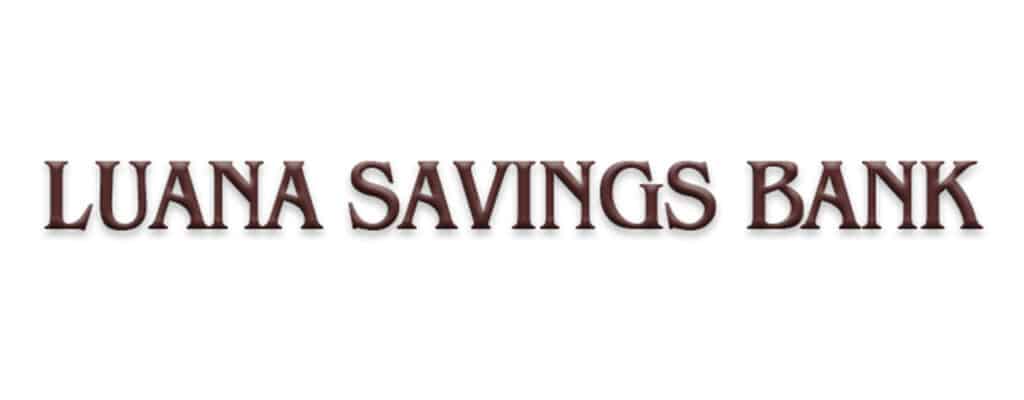
CD Minimum for Top Rate: $100,000
Top CD Rate: 4.34% (3 years)
A small bank from Iowa, Luana Savings Bank currently offers among the best CD rates in the nation. You can apply online from the comfort of your home or anywhere else you have internet access. The website isn’t fancy, but the jumbo CD rates are impressive.
The bank’s name comes from the name of the small town it’s based in. Like all other banks in the United States, accounts are FDIC insured for up to $250,000 per depositor per institution. That’s $500,000 in total insurance. While Luana Savings Bank seems stable, knowing that the government will pay you back if the bank goes out of business is always nice with smaller banks. The bank was founded in 1908 and is the 9th largest bank in Iowa, with over $2 billion in assets.
Luana offers CDs starting at $1,000. While technically, you can purchase CDs with terms of up to eight years from Luana, rates begin to decrease after the five-year mark.
These rates are for jumbo CDs with $100,000 or more:
| CD Term | APY |
|---|---|
|
3 months |
3.41% |
|
6 months |
3.67% |
|
12 months |
3.82% |
|
18 months |
3.98% |
|
24 months |
4.24% |
|
36 months |
4.34% |
|
42 months |
4.13% |
|
48 months |
3.77% |
|
60 months |
3.25% |
|
72 months |
3.05% |
|
84 months |
2.84% |
|
96 months |
2.63% |
Luana offers some special terms and rates outside of the norm, like a 42 month special CD paying 4.13%. You won’t find 42-month CDs commonly. The aggressive rates here indicate that the bank has strong loan demand and is looking to bring in cash to support a growing business.
CD Bank - Up to 3.15% APY
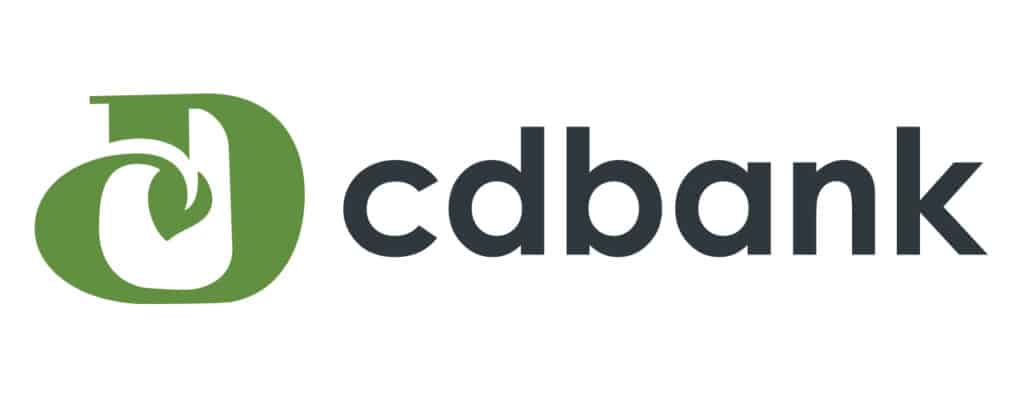
CD Minimum for Top Rate: $100,000
Top CD Rate: 3.15% (5 years)
As the name suggests, CD Bank is all about CD accounts. They don’t offer anything else. Instead, the bank focuses on doing one thing well. CD Bank is the online banking division of TBK Bank, a regional bank primarily focused around the midwest and southwest regions.
CD Bank operates completely online. If you’re comfortable with the web, you’ll have an easy time navigating through the straightforward website. Here are the current rates for CD Bank accounts with a balance of $100,000 or above:
| CD Term | APY |
|---|---|
|
3 months |
1.17% |
|
6 months |
2.14% |
|
9 months |
2.31% |
|
12 months |
2.55% |
|
18 months |
2.60% |
|
24 months |
3.00% |
|
36 months |
3.05% |
|
48 months |
3.10% |
|
60 months |
3.15% |
CD Bank compounds interest and pays interest semi-annually for certificates with a period of one year or more and at maturity for certificates with a period of one year or less. Because simple interest rates and compounding periods can muddle up your understanding of what you earn, focus on APY, which gives you an apples-to-apples comparison of CDs with the same term.
Credit One Bank - Up to 3.95% APY
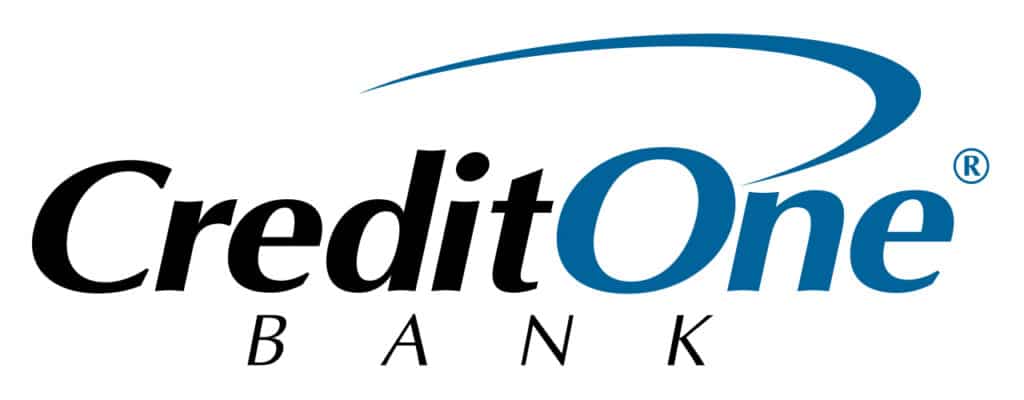
CD Minimum for Top Rate: $100,000
Top CD Rate: 4.65% (18 months / 5 years)
Credit One Bank is perhaps best known for its credit card products, but it needs to get funds for its credit card lending programs somewhere. That’s where CD deposit customers come in. Credit One Bank doesn’t offer any checking or savings accounts, but it welcomes deposits for high-yield jumbo certificates of deposit.
With only one deposit product, opening a new account is streamlined and fairly quick. The bank offers a loyalty program where you can earn an additional 0.05% when renewing CD accounts at the end of the term.
| CD Term | APY |
|---|---|
|
6 months |
3.85% |
|
12 months |
4.55% |
|
18 months |
4.65% |
|
48 months |
4.55% |
|
60 months |
4.65% |
Accounts are FDIC insured and easy to manage online. Based in Las Vegas, Credit One is a well-capitalized bank with strong deposits compared to lending, making it a safe place to keep your money.
Navy Federal Credit Union - Up to 3.45% APY
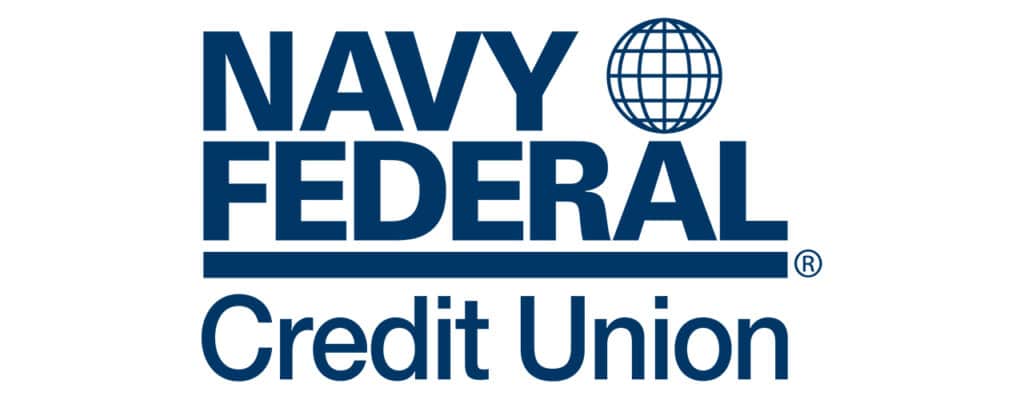
CD Minimum for Top Rate: $100,000
Top CD Rate: 4.25% (2-7 years)
Navy Federal Credit Union is a popular financial institution for military members, veterans and their families. While others can’t join, eligible families can tap into an excellent suite of banking products and services.
Jumbo CDs at Navy Federal are called share certificates, but they’re basically the same thing. As of this writing, Navy Federal offers the most competitive rates for terms of around one to two years, as well as for long-term certificates ranging from five to seven years.
Like other credit unions, Navy Federal is a nonprofit and passes on savings to members in the form of favorable rates compared to traditional banks looking to earn a profit.
Here are rates for accounts with a $100,000 minimum balance:
| CD Term | APY |
|---|---|
|
3 months |
1.30% |
|
6 months |
0.50% |
|
12 months |
4.45% |
|
18 months |
3.90% |
|
24 months |
4.25% |
|
36 months |
4.25% |
|
60 months |
4.25% |
|
84 months |
4.25% |
While military households can likely find all of their needs met from most any bank or credit union, institutions like Navy Federal offer special services and features helpful for households facing deployment, frequent moves and other common challenges to military families.
What to Look for in a Jumbo CD Account
When shopping for a jumbo CD, here are the main places to focus:
- Interest rate: The interest rate is how much the bank pays you to keep your funds on deposit. The higher the rate, the more you earn. That’s why you’re reading an article about the best CD interest rates.
- Term: The term is how long you have to deposit your money to earn the promised interest rate. Most CDs come with terms of three months to five years, though you can find accounts with odd terms, short terms under three month, and long terms over five years on occasion.
- Minimum deposit: Jumbo CDs usually require $50,000 or $100,000 to earn the qualifying rate. Most of the CDs we looked at had a $100,000 requirement for jumbo rates. However, you can also find CDs with lower minimum requirements if you shop around. Many banks and credit unions offer CDs starting at $1,000 but pay lower interest rates on those certificates.
- Early withdrawal penalty: Paying money to access your money is no fun and can be costly on a large CD. If there’s any chance you could need the money early, it’s good to review the early withdrawal penalty to know what you would owe. If the penalty is too high or there’s a good chance you’ll need the money early, consider a different CD or a savings account instead.
- Ease of access: When you want to add funds or withdraw money at maturity, you’ll likely want an easy and quick process. Check out the bank’s website and mobile app to understand how they are to work with. If you’re concerned, you can also check customer service reviews online. However, most CD customers have very little contact with their bank besides opening and closing the account.
The banks and credit unions we looked at for this article are widely available to just about anyone in the United States with legal citizenship or permanent residency status. The only exception is Navy Federal, which requires a military affiliation.
In addition to the list here, you may find a local credit union or bank offering a better deal just for those who share your employer, city or other membership requirements.
Jumbo CD FAQs
If you’re new to certificates of deposit or jumbo certificates of deposit, here’s a primer on everything you need to know to get started.
-
Jumbo CDs are a type of savings account with a time-bound feature that cater to customers interested in deposting large sums. Many banks and credit unions offer higher rates on Jumbo CDs (as opposed to regular CDs) in exchange for a higher opening deposit, which typically starts around $50,000-$100,000.
If you withdraw from the CD before the maturity date, you’ll generally owe a penalty or fee called an early withdrawal charge. The fee is generally based on the length of the CD and the interest rate. In most cases, fees are a certain number of weeks or months of interest.
CD accounts are good in a period when you expect interest rates to be stable or decline, as you’re able to lock in the higher interest rate for the duration of the CD. If you think rates are on the way up, you may be better off with a high-yield savings account, as you could lock yourself into a lower interest rate.
Because of the lock period and potential penalties, CDs only make sense when you know for certain that you won’t need the funds until after the CD matures. If you’re giving up a big chunk of your interest to withdraw early, you would be better off with a savings account than a CD in many cases.
-
A CD ladder is a CD strategy where savers open multiple CDs at once with varying maturity dates. For example, instead of opening a single $50,000 CD maturing in five years, someone might open five CDs for $10,000 each maturing in one, two, three, four and five years. This gives the saver access to better interest rates while also enabling them to get money penalty-free periodically.
Those with large cash balances of hundreds of thousands of dollars or more can use a jumbo CD ladder to achieve the same result.
-
There’s no need for anyone to have a jumbo CD. However, if you have a lot of cash and want to earn more interest than a regular savings account, jumbo CD accounts can make sense. Opening one CD for a specific future date or layering your CDs to expire over a range of dates using a CD ladder helps you get better control over your money while locking in a preferred interest rate for months or years.
When you’re hunting for a top CD, any of these could make sense for your needs. Always save and invest carefully with a long-term focus on your biggest financial goals. A jumbo CD may be an important part of the puzzle.




